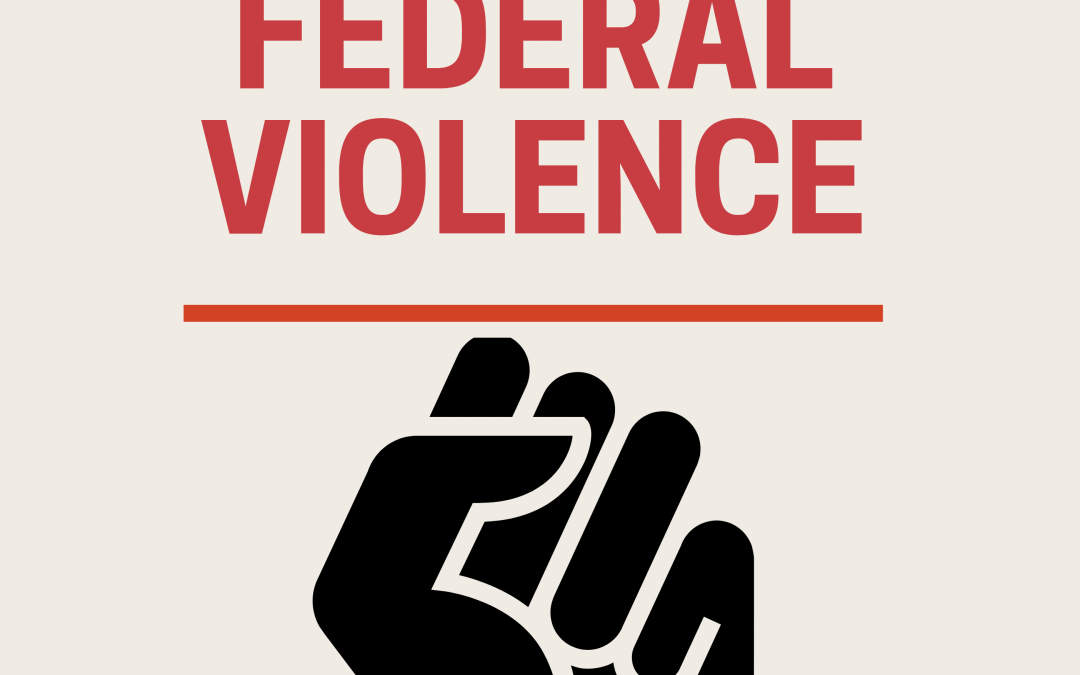By Andrea Murray, MSW, LICSW – NASW Senior Ethics Associate
The COVID-19 pandemic has transformed every aspect of our lives over just a few weeks. The ethical dilemmas that have emerged would have been considered fodder for a disaster movie plot not too long ago, yet today these dilemmas are reality.
“How do you avoid abandoning clients who are in crisis in the face of shelter-in-place orders?”
“How to respond ethically while maintaining your practice when clients are no longer able to pay for needed services?”
“Is it OK to bend the rules to meet the needs of the public during a pandemic emergency?”
These questions are no longer reserved for intellectual debate during a professional ethics workshop. Today, for many social workers, they are real questions that must be answered now.
NASW’s Office of Ethics and Professional Review responds to requests for ethics consultations from members facing tough ethical dilemmas related to the pandemic. This task is complicated by the fact that the rules are constantly changing.
States have instituted varying guidance around quarantine requirements and essential services, licensing boards have state-specific guidance regarding social work licensee requirements, and employers are asking more of employees – at times these demands going beyond the scope of their professional competence.
Then there are the personal demands of ensuring that you and your family are healthy and safe. All of this is compounded further by social distancing and the emotional, financial, and logistical requirements that this new normal has presented.
<Insert deep breath here>
There is, however, something that remains a constant during this pandemic. The NASW Code of Ethics stands unwavering. It remains a trusted guide for social workers’ ethical practice. When you open the Code in the face of a complex ethical dilemma, you can still find the ingredients necessary to come up with an ethical solution.
Nine times out of ten, if you’re able to justify your ultimate decision based on the NASW Code of Ethics, you are on the right track to a solution that is in line with your professional responsibilities—a solution that you can stand behind with confidence.
Someone recently inquired, “Has NASW made any exceptions related to practicing ethically in light of this global crisis?” The answer is a resounding no. Social workers do not get a pass on practicing ethically during a crisis.
We must still strive to uphold our obligations to clients, the profession, colleagues, and to society at large. This is indeed a heavy mantle. But remember, for every ethical dilemma there are countless ethical responses.
Social workers are gifted with the ability to appreciate the “big picture” and to respond to crisis by coordinating a myriad of variables toward creative solutions. To this end, the NASW Code of Ethics is a tool that offers guidance to be balanced with other important factors.
In application, social workers should know what the Code says about the dilemma at hand and balance the Code’s ethical guidance with other considerations including legal requirements, agency policy and procedures, and clinical and best practice standards.
There are few constants right now. In spite of these dynamic times, the NASW Code of Ethics continues to help social workers navigate our ever-changing times. Rest assured, this too shall pass.
Don’t make permanent decisions in response to temporary situations. Taking a pass when it comes to ethical decision making today can have longstanding consequences in the years to come.


